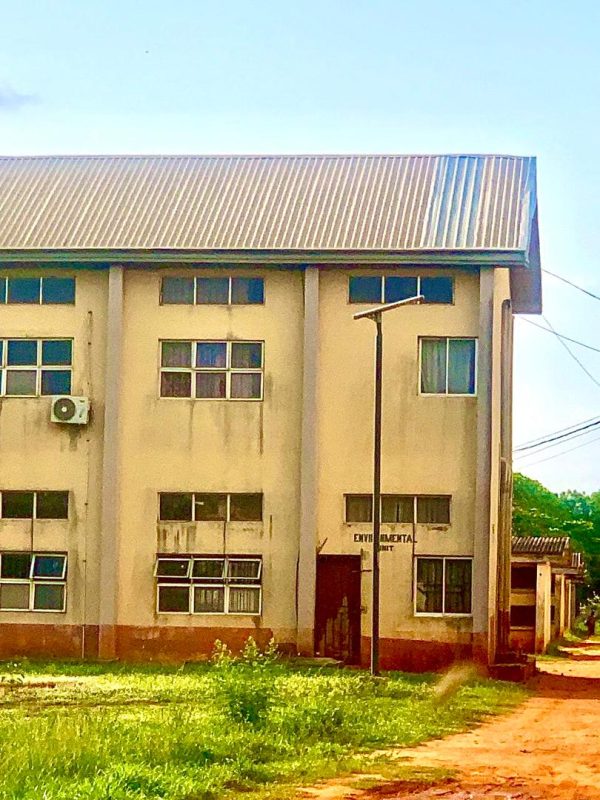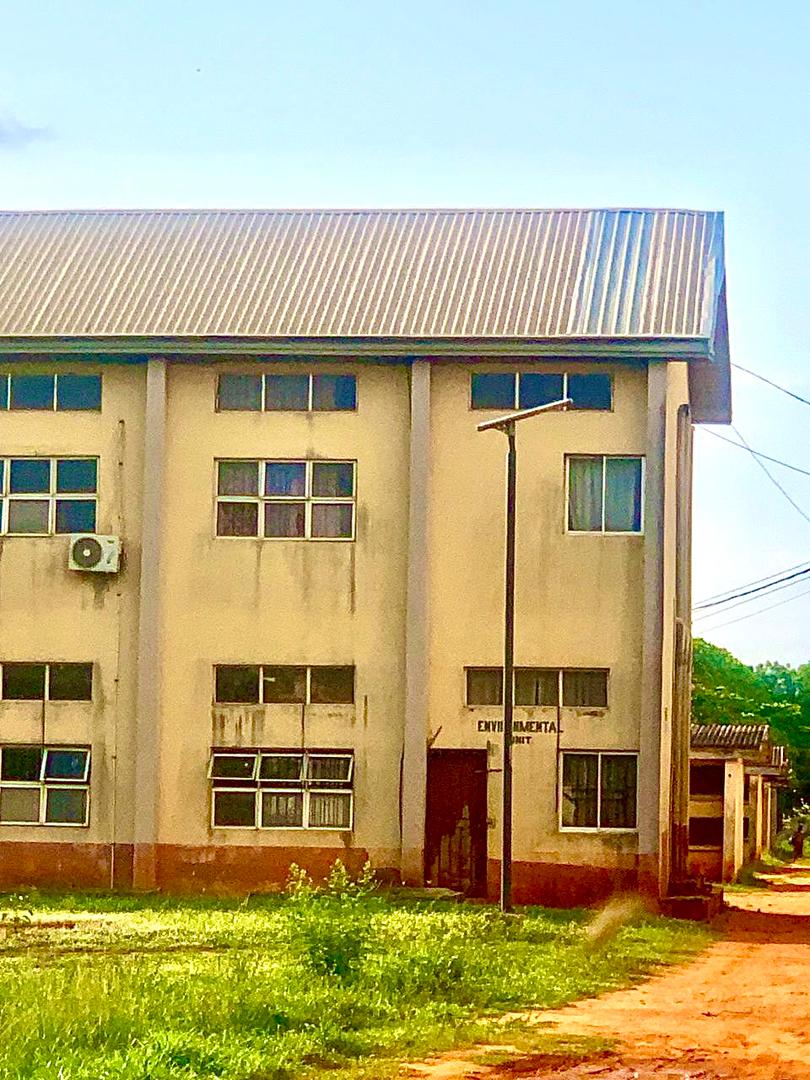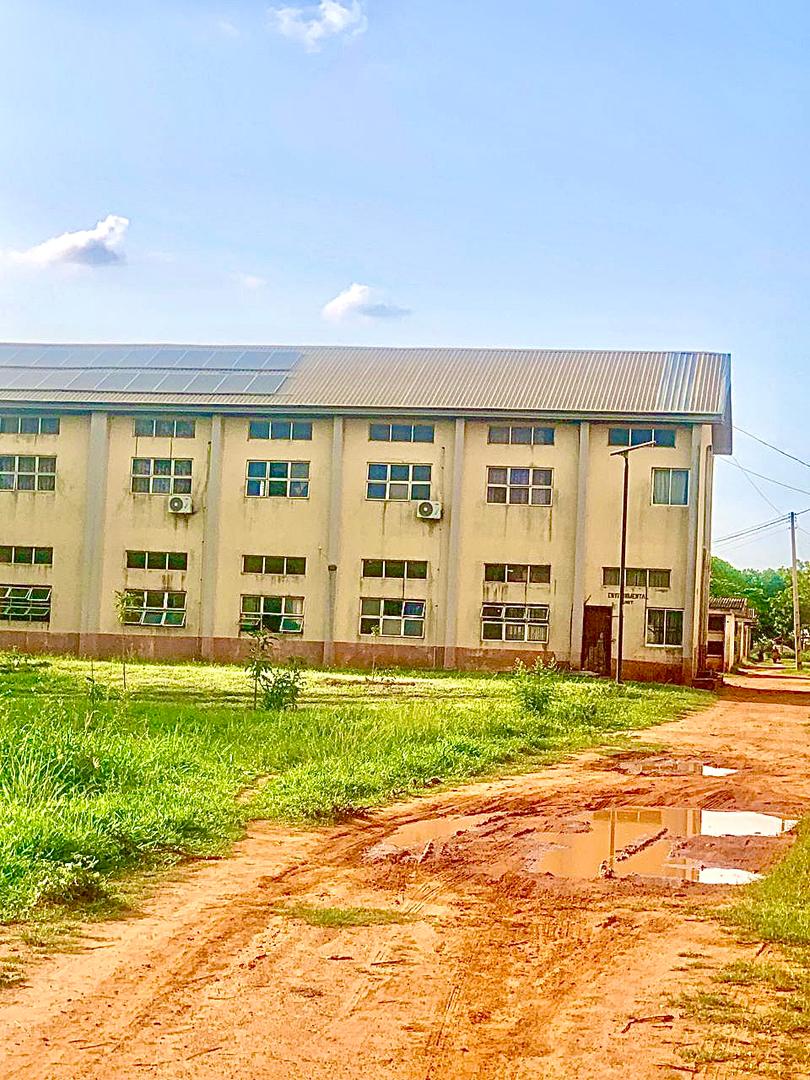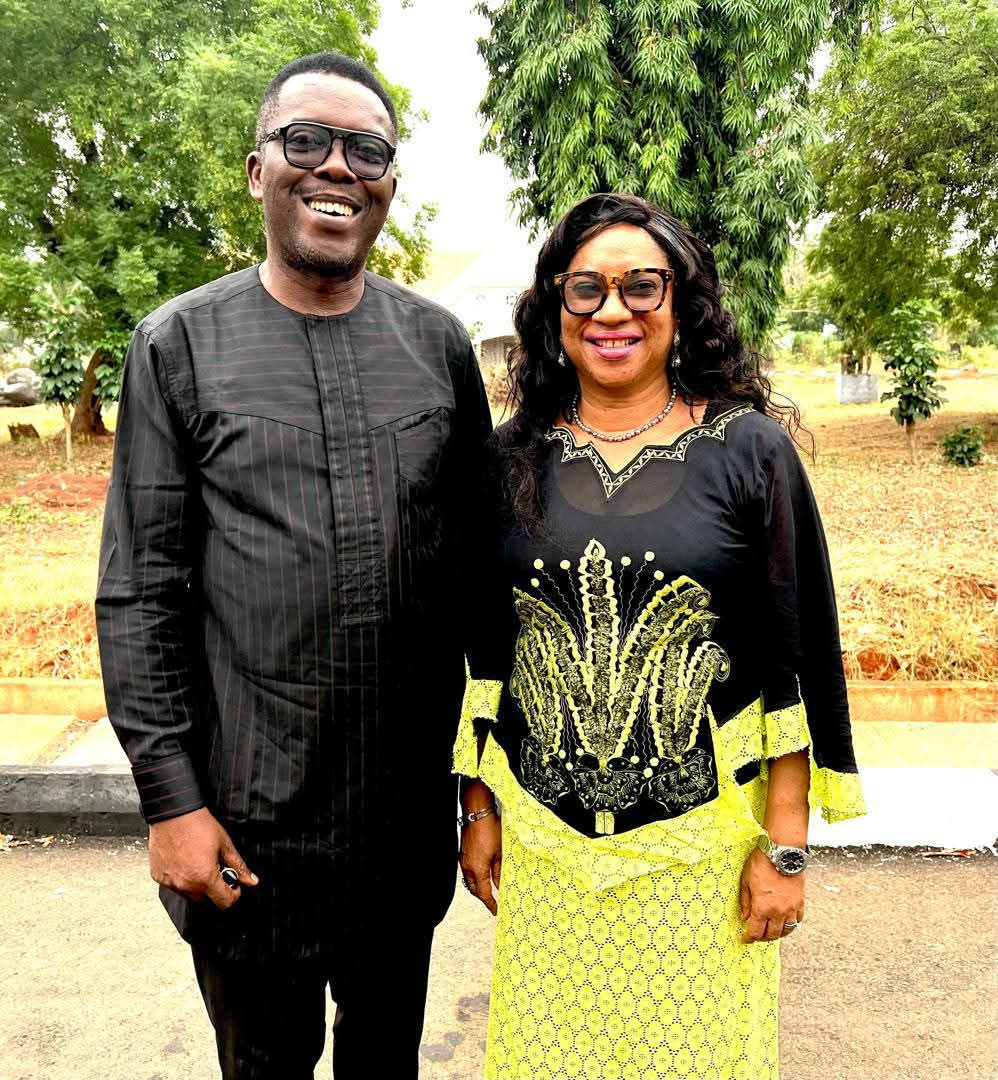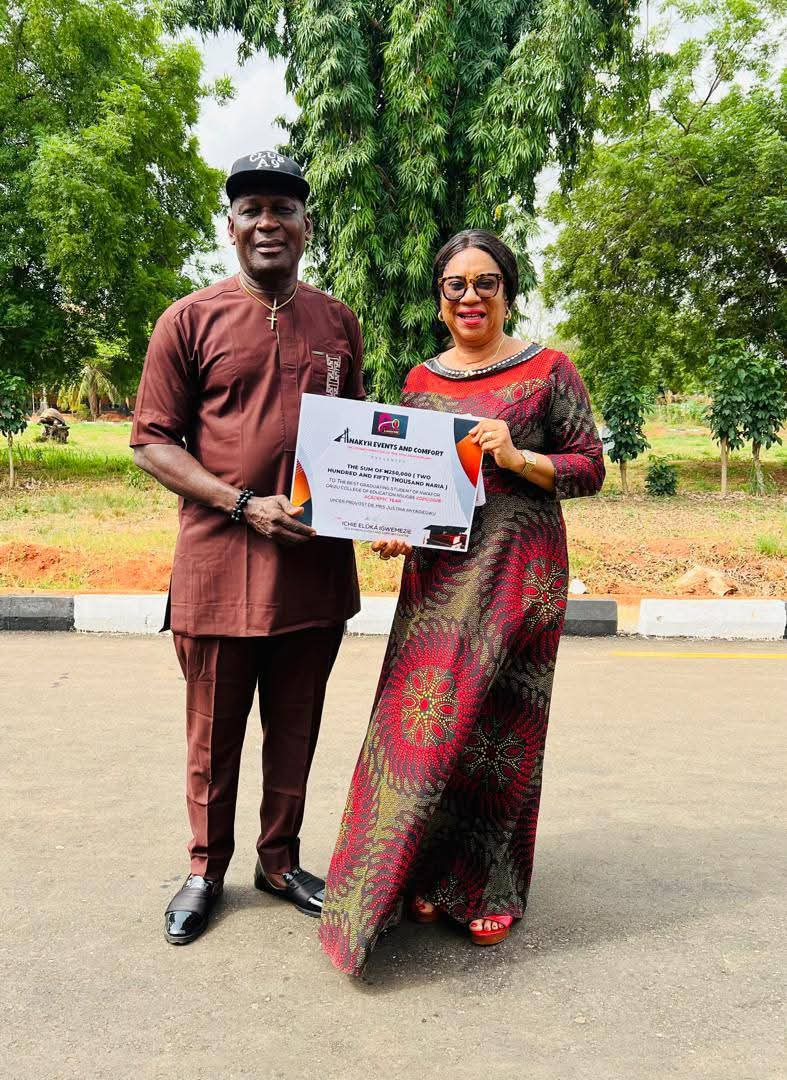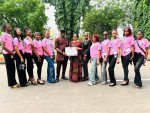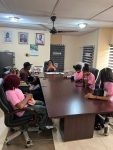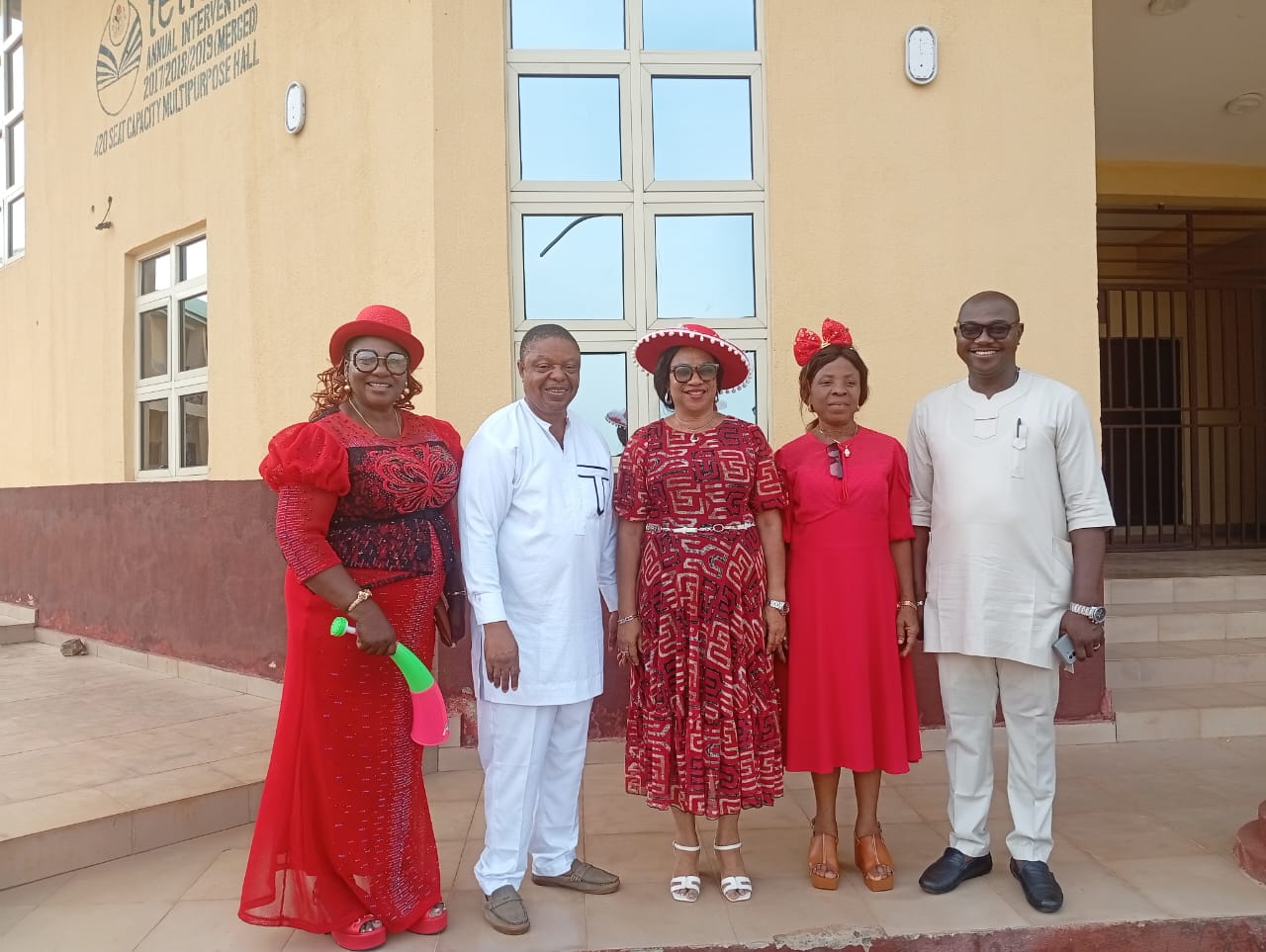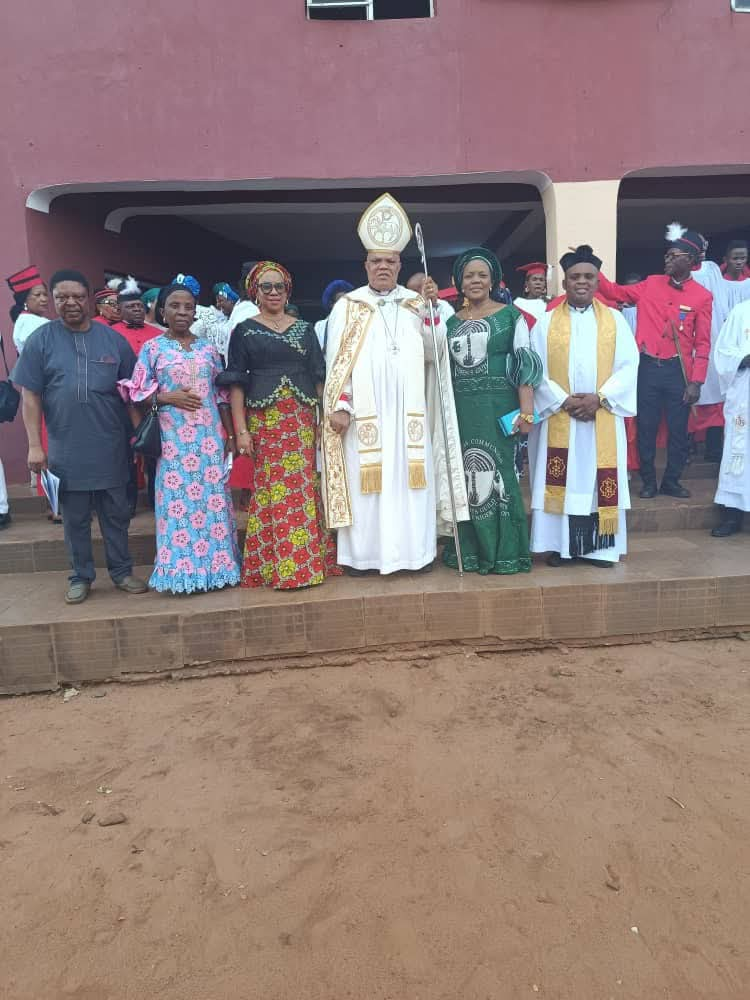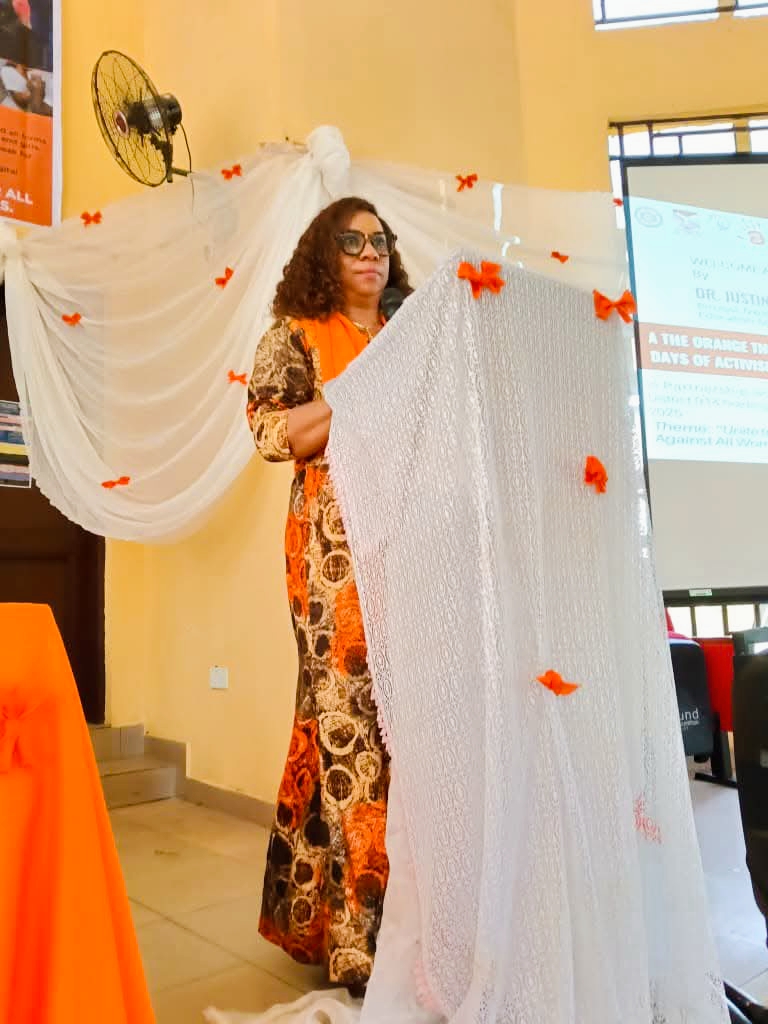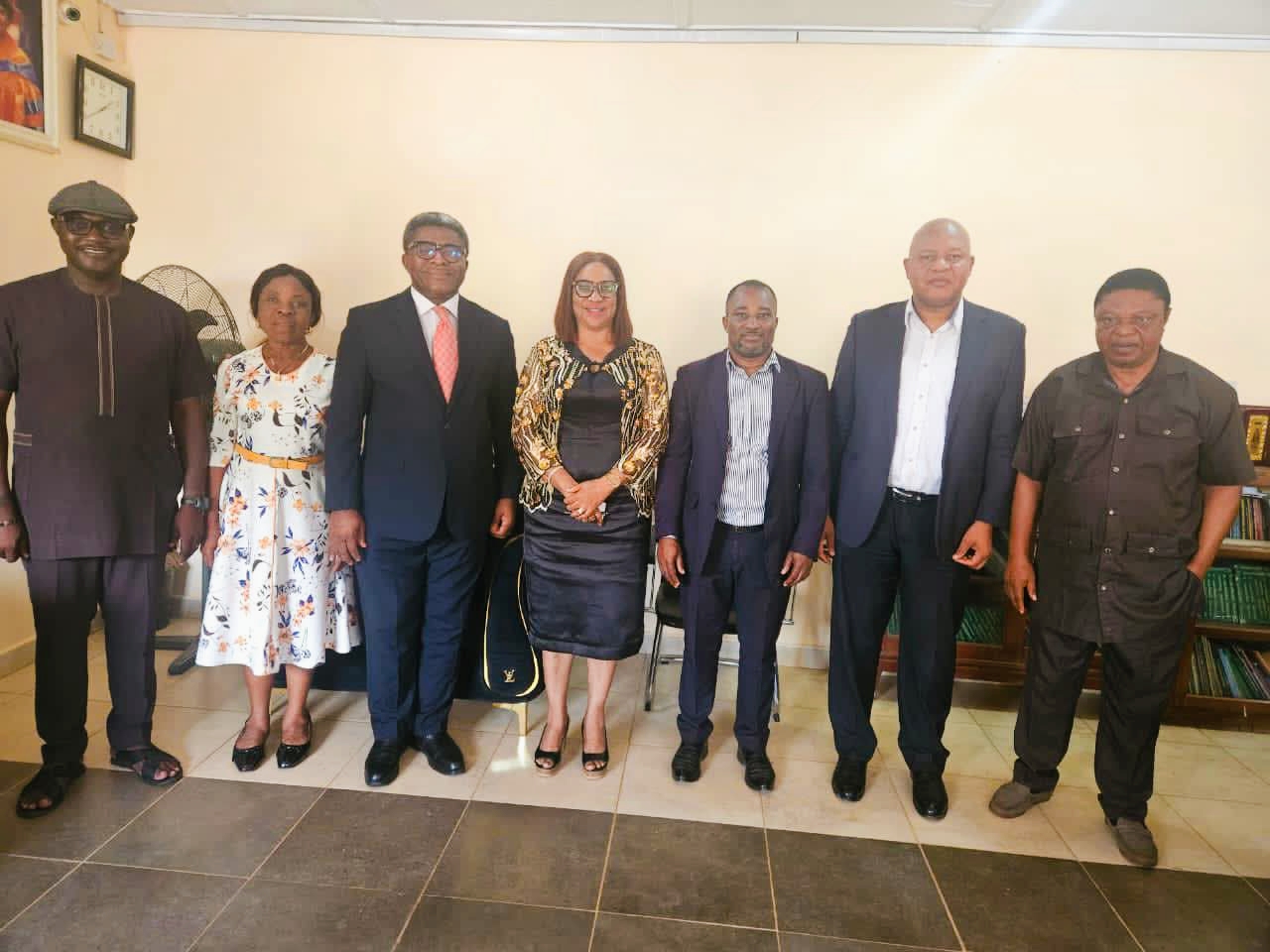Hi 👋 , welcome to;
PURPOSE AND FUNCTION
The Environmental Unit of Nwafor Orizu College of Education, Nsugbe (NOCEN), is dedicated to maintaining a clean, safe, healthy, and eco-friendly learning environment. The primary purpose of the unit is to promote environmental sustainability within the college and ensure that the physical surroundings support learning, well-being, and ecological awareness.
Key functions include:
●Environmental Sanitation and Waste Management: Organizing routine cleaning of the college environment and proper disposal of waste to prevent health hazards.
●Green Campus Initiative: Encouraging planting of trees and ornamental plants, preservation of green areas, and beautification of the college landscape.
●Environmental Monitoring and Compliance: Inspecting hostels, offices, classrooms, and public spaces to ensure compliance with hygiene and environmental safety standards.
●Public Health Education: Educating students and staff on sanitation, pollution control, and environmental best practices.
●Emergency Response and Pest Control: Handling environmental hazards such as flooding, pest infestations, and pollution incidents swiftly and effectively.
●Policy Implementation: Enforcing environmental policies and college regulations on cleanliness, waste segregation, and use of eco-friendly materials.
FACILITIES AND INFRASTRUCTURE
To carry out its duties effectively, the Environmental Unit is equipped with tools, infrastructure, and human resources that facilitate the management of the college’s physical environment.
Key facilities include:
●Sanitation Equipment and Tools: Waste bins, wheelbarrows, rakes, shovels, brushes, gloves, and other cleaning tools.
●Motorized Waste Collection Carts: For the regular collection and transport of waste to designated disposal areas.
●Waste Segregation Points: Bins labeled for plastic, paper, and organic waste at strategic points across campus to promote recycling.
●Pest Control Materials: Spraying machines, insecticides, rodenticides, and safety gear.
●Composting Site: A designated area where biodegradable waste is processed into compost for use in college gardens.
●Office Space and Staff Lounge: For administrative operations and planning.
ACADEMIC AND PROFESSIONAL DEVELOPMENT ROLE
While not a purely academic department, the Environmental Unit contributes significantly to the development of student and staff environmental consciousness, which aligns with global best practices in sustainability and civic responsibility.
Contributions include:
●Support for Educational Programs: Assisting students in Environmental Education, Biology, Agricultural Science, and other departments with practical learning, fieldwork, and community service.
●Training and Awareness Campaigns: Organizing seminars, hygiene weeks, and tree-planting days where students learn practical environmental management skills.
●Student Engagement: Involving students in environmental clubs, sanitation brigades, and eco-volunteering programs.
●Internship Opportunities: Offering hands-on experience for students interested in environmental health, education, or sanitation engineering.
COMMUNITY IMPACT AND INDUSTRY ALIGNMENT
The Environmental Unit’s impact extends beyond the campus, aligning with state and national environmental goals and engaging with the local community for positive change.
●Community Sanitation Drives: Periodic outreach to surrounding villages and schools to promote hygiene and environmental awareness.
●Partnership with Anambra State Waste Management Agency (ASWAMA): For proper waste evacuation and capacity building.
●Environmental Advocacy: Promoting awareness on issues such as plastic pollution, open defecation, flooding, and climate change.
●Contribution to SDGs: Directly aligned with the UN’s Sustainable Development Goal 6 (Clean Water and Sanitation) and Goal 13 (Climate Action), through local action and awareness programs.
INNOVATIONS AND INITIATIVES
The Environmental Unit continues to innovate and adapt, ensuring it remains proactive in addressing emerging environmental concerns.
Recent initiatives include:
●Introduction of Biodegradable Waste ●Disposal Practices.
●Campus Tree Mapping and Inventory
“Go Green NOCEN” Campaign to Reduce Plastic Use.
●Development of Environmental Compliance Handbook for students and staff.
●Creation of Eco-Friendly Spaces such as rest zones, flower gardens, and shade areas around lecture blocks.
CHALLENGES AND FUTURE PLANS
Like many public institutions, the Environmental Unit faces challenges such as:
●Inadequate manpower and equipment
●Poor waste disposal habits by students
●Irregular funding for special projects
●Need for more collaboration with environmental NGOs
Planned future actions include:
●Establishing a College Environmental Sustainability Committee
●Launching a Plastic Collection for Recycling Partnership
●Expanding the Composting Program
Introducing solar-powered sanitation equipment for energy-efficient operations
CONCLUSION
The Environmental Unit of NOCEN, Nsugbe, is vital in maintaining a functional, hygienic, and aesthetically pleasing academic environment. Through its programs and initiatives, it promotes responsible citizenship, environmental education, and community health. As the college continues to grow, this unit remains a crucial pillar in ensuring that development is not only academic but also environmentally sustainable and socially responsible.
What Students Can Do in the Environment Unit
The Environment Unit plays a key role in maintaining a clean, safe, and eco-friendly campus. It oversees sanitation, environmental health, waste management, and green initiatives across the university. Students are not only beneficiaries of these services—they are also encouraged to participate actively.
Here’s what students can do in the Environment Unit:
Report Environmental Issues
Students can report:
Improper waste disposal or blocked drainage
Overflowing bins or unclean areas
Environmental hazards like chemical spills, overgrown bushes, or open pits
Damaged sanitation facilities
This helps the unit respond quickly and maintain a safe, hygienic campus.
Participate in Campus Sanitation Activities
Students may be involved in:
Routine campus cleaning exercises (e.g., “Environmental Sanitation Days”)
Hostel or departmental sanitation schedules
Volunteering for clean-up drives around hostels, lecture halls, and public areas
Join Environmental Clubs and Green Campaigns
Through the Environment Unit, students can:
Join campus-based environmental or sustainability clubs
Take part in tree planting, recycling projects, and eco-awareness events
Lead or support campus initiatives for reducing pollution, conserving water, and managing waste
Learn About Environmental Health and Safety
Students can attend:
Seminars or workshops on climate change, hygiene, and sustainable living
Training on proper waste sorting and disposal
Talks on the importance of clean surroundings to public health
This helps build awareness and encourages responsible behavior.
Seek Waste Disposal Guidelines
Students can:
Inquire about proper disposal methods for special items (e.g., electronics, laboratory waste)
Learn how to separate recyclable waste from general waste
Understand the rules regarding disposal within hostels or student lodges
Carry Out Research and Projects
For those studying environmental sciences or related courses, the unit may:
Offer support for academic research or fieldwork
Provide data on campus sustainability practices
Allow students to observe or participate in environmental inspections and audits
Dispose of Waste Responsibly
The Environment Unit provides:
Waste bins across the campus for general, recyclable, and organic waste
Guidelines for students on how and where to dispose of different types of waste
Supervision to ensure proper usage of sanitation infrastructure
In Summary:
The Environment Unit is not just a service department—it’s a platform for student involvement, responsibility, and learning. By working with the unit, students contribute to building a cleaner, healthier, and more sustainable university community.
 Page Looksograph
Page Looksograph
Want a page like this? Click the black button below & let the Vicilook Team help you set it up in minutes.


